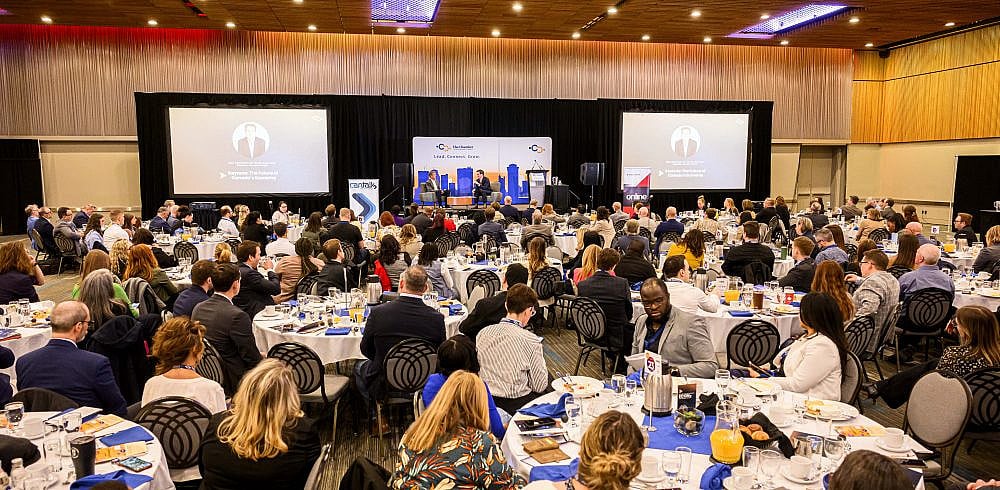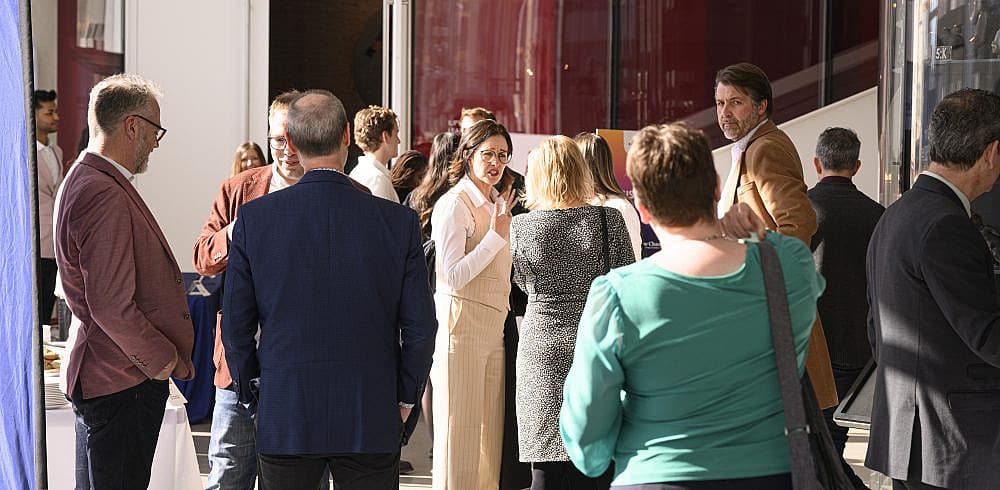Winnipeg, like many other Canadian cities, struggles with economic challenges worsened by factors such as inflation and rising financing costs. Amid tough economic times, the City of Winnipeg unveiled its second multi-year budget plan for 2024–2027 on February 7th, 2024. Just two days following the preliminary budget, Mayor Gillingham delivered his second State of the City Address, offering further insights into the city’s vision and priorities.
Multi-Year Budget Highlights
- Property tax increase and Business Tax freeze
Many Canadian cities are resorting to substantial property tax increases, the City of Winnipeg opts for a property tax increase of 3.5% over four years, impacting families and businesses alike. In addition, the budget freezes the business tax rate at 4.84% and the Small Business Tax Credit threshold at $47,500, which offers stability to local businesses. - New revenue sources
The preliminary budget introduces a 911 monthly fee of $1 per phone line as well as an accommodation tax increase of 1%. The new revenue sources are expected to generate $18.8 million a year. - Alignment with Strategic Priorities
The preliminary budget aligns with Council priorities outlined in the Strategic Priorities Action Plan (SPAP). This indicates the budget serves not only as a financial roadmap but also as a strategic tool to address pressing issues and drive forward the city’s vision for growth and stability. - Investment in infrastructure and critical services
The significant investment in water and sewer infrastructure in CentrePort South industrial lands signals an effort to enhance economic competitiveness and support industrial expansion. The budget mentions an increase of 10 FTEs in 2024 and to 38 by 2027 to improve the permitting process. Notable allocations for critical services include funding for transit improvements, next-Generation 911 enhancements, and increased resources for 311 services and snow clearing.
Winnipeg’s multi-year budget plan represents a strategic roadmap for navigating economic challenges and advancing key priorities for growth and stability. However, one area of particular concern is the importance of replenishing reserve funds to safeguard against future economic uncertainties. The depletion of reserves during the pandemic has underscored the need for prudent financial management and long-term planning to ensure the city’s financial stability and resilience in the face of unforeseen challenges.
State of the City Address Highlights
In his second State of the City address, the Mayor of Winnipeg underscored three critical focal points for the city’s advancement.
- Firstly, he highlighted the pressing issue of housing, citing a concerningly low vacancy rate coupled with a decline in housing starts. He challenged the city to have 8,000 housing units approved by November 30th of this year. This is an ambitious goal, as the city typically approves about 5,000 to 6,000 new units a year.
- Secondly, the Mayor emphasized the importance of enhancing customer service through the integration of next-generation AI technology, ensuring efficiency and responsiveness to residents’ needs.
- Lastly, he emphasized the need to refine economic development strategies, advocating for an Economic Summit aimed at fostering action-oriented discussions. Notably, he called upon the Winnipeg Chamber of Commerce to lead this initiative.
Civic Leaders Dinner
Wednesday, April 10
City budget and Mayor’s Address still top of mind? Be sure to register for our Annual Civic Leaders Dinner. Members can directly converse with Mayor Scott Gillingham, City of Winnipeg councillors, and much of the City’s administrative staff about issues that are important to them. Register here.




